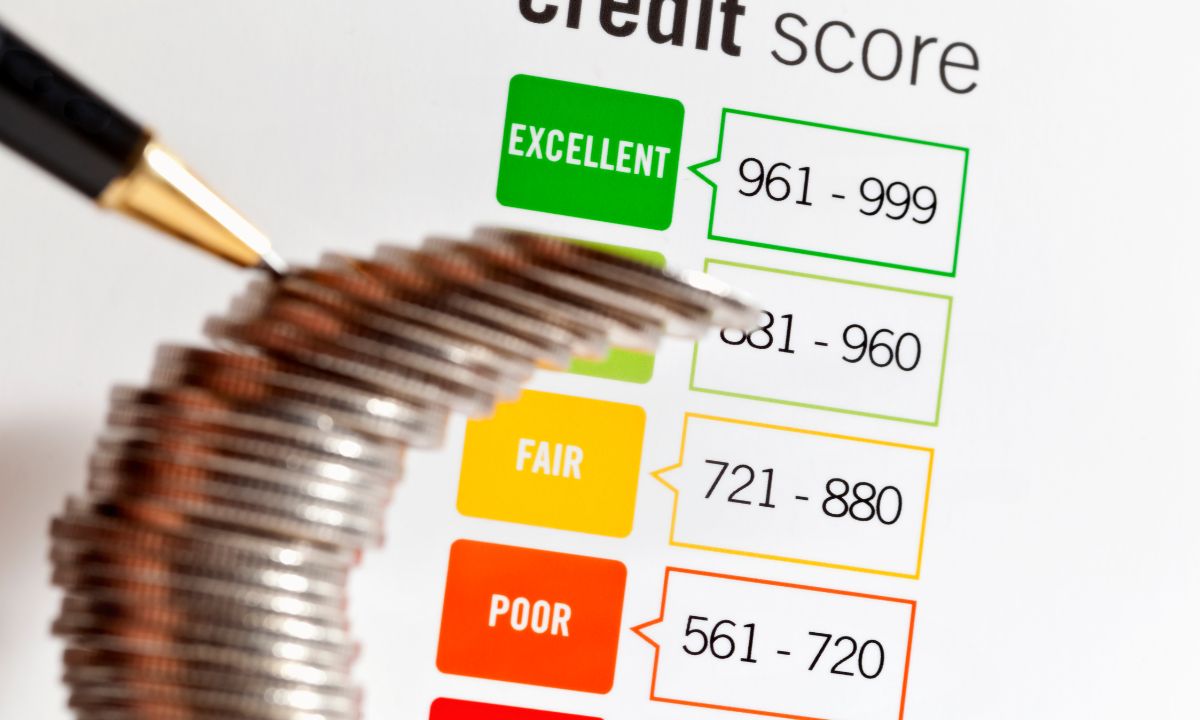Consolidate Credit Card Debt with a Cash-Out Refinance
 If you’re feeling overwhelmed by credit card debt, a cash-out refinance may be an effective way to manage it. This type of mortgage allows you to utilize your home’s equity to pay off high-interest credit cards, consolidating them into a single, lower-interest mortgage payment.
If you’re feeling overwhelmed by credit card debt, a cash-out refinance may be an effective way to manage it. This type of mortgage allows you to utilize your home’s equity to pay off high-interest credit cards, consolidating them into a single, lower-interest mortgage payment.
How a Cash-Out Refinance Works
A cash-out refinance lets you replace your current mortgage with a new one for more than what you owe. The difference is then given to you as cash, which you can use to pay off your high-interest debt. Here’s how the process works:
- Apply for a Cash-Out Refinance: You start by applying for the refinance.
- Home Appraisal: Your lender will arrange for an appraisal to determine your home’s value and how much equity you can access.
- Borrowing Limits: Typically, you can borrow up to 80% of your home’s equity, minus the remaining balance on your current mortgage.
- Debt Payoff: The lender will use the cash from the refinance to pay off your credit card and other high-interest debts.
- New Monthly Payments: You’ll begin making monthly payments on your new mortgage, which often comes with a lower interest rate than what you were paying on your credit cards.
Advantages of Using a Cash-Out Refinance to Consolidate Debt
- Lower Interest Rates: Mortgage rates are typically much lower than credit card interest rates, so you could significantly reduce the amount of interest you’re paying.
- Easier to Budget: Instead of making multiple payments to various credit card companies, you’ll only have one mortgage payment each month, making your finances easier to manage.
- Boost to Your Credit Score: Paying off high-interest credit cards can improve your credit score, which may make it easier for you to qualify for loans or credit in the future.
Risks to Be Aware Of
While the benefits are appealing, it’s important to consider the risks:
- Home Foreclosure: Since your home is used as collateral, failing to make payments could result in foreclosure, putting your home at risk.
- Paying More Interest Over Time: If you extend your mortgage term, you might end up paying more in interest over the life of the loan, even if your monthly payments are lower.
- Reduced Home Equity: Tapping into your home’s equity decreases your ownership stake, which could limit future borrowing options or reduce the proceeds if you decide to sell your home.
A cash-out refinance can be an excellent tool for consolidating high-interest credit card debt and reducing your monthly financial obligations. However, it’s important to carefully weigh both the benefits and risks, particularly regarding the impact on your home equity. Consulting with a mortgage professional or financial advisor can help ensure you make the best choice for your financial future.
 Getting a mortgage without a credit score may seem like a tough task, but it is possible. Many assume that a credit score is a must, but if you don’t have one, you can still pursue your dream of homeownership. Here’s how.
Getting a mortgage without a credit score may seem like a tough task, but it is possible. Many assume that a credit score is a must, but if you don’t have one, you can still pursue your dream of homeownership. Here’s how. If you’re thinking about buying a new home next year, there’s one important factor to consider before you start browsing listings—your credit score. A strong credit score can make a huge difference in the interest rates you will qualify for and can also determine your mortgage approval. Starting the process of improving your credit now gives you a head start, putting you in a better position to achieve your homeownership goals when the time comes.
If you’re thinking about buying a new home next year, there’s one important factor to consider before you start browsing listings—your credit score. A strong credit score can make a huge difference in the interest rates you will qualify for and can also determine your mortgage approval. Starting the process of improving your credit now gives you a head start, putting you in a better position to achieve your homeownership goals when the time comes.